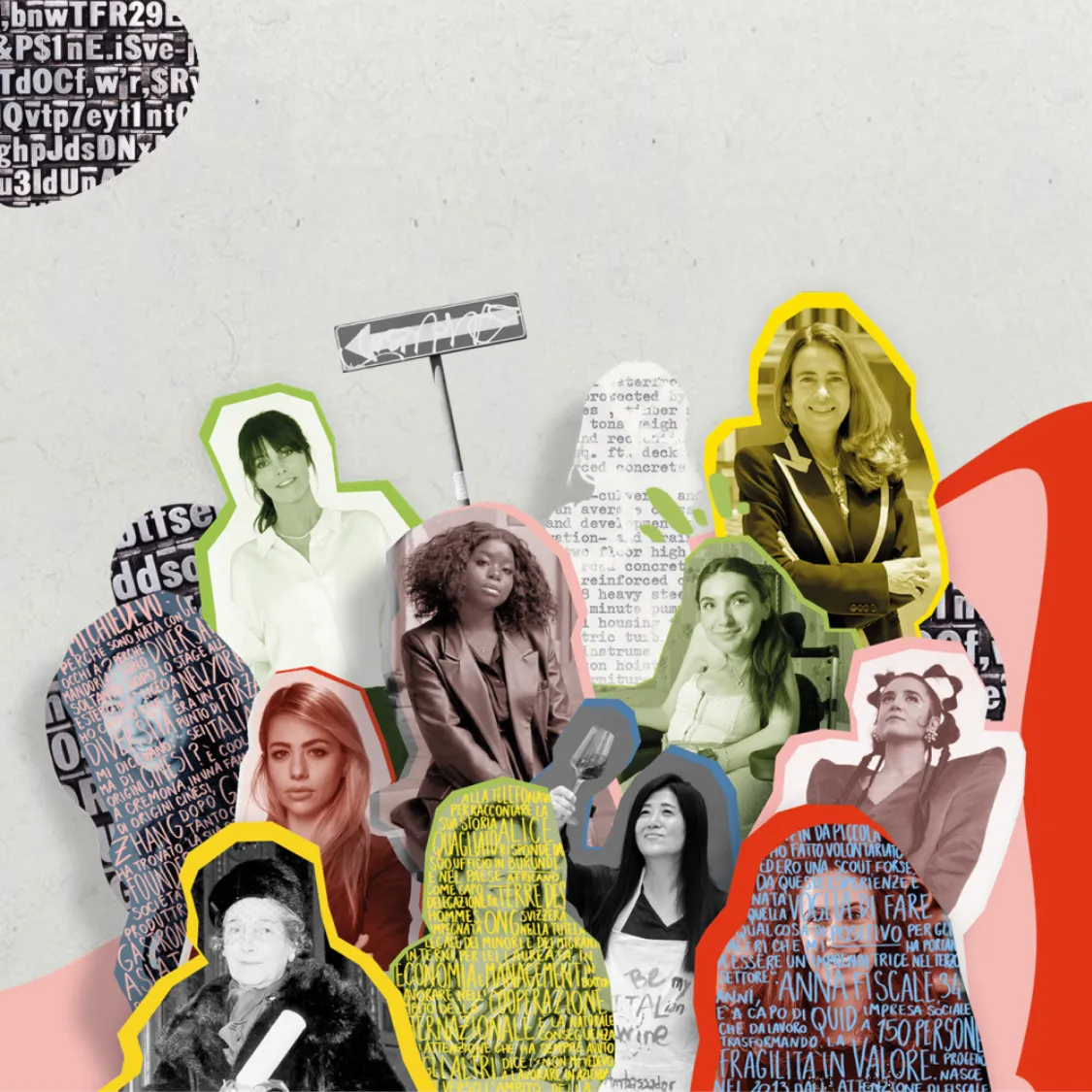
Justice Means Efficiency Too
“The number of women in the judiciary is on the rise. They make up about 70 percent of successful applicants. It is a profession that requires method and a great capacity for study and work organization, the ability to read a large number of documents without neglecting any details. Which makes us women better suited for the job.” Maddalena Torelli has served on the bench for sixteen years, ten of which she has spent in the First Criminal Division of the Court of Lecce, where she specializes in drug-related crimes, vulnerable groups (including gender-based and domestic violence, and immigration.
Her choice of careers, which meant taking the dreaded – but mandatory – magistrates’ exam, was clear to her from a very young age. She says: “I come from a family of doctors and my older sister studied dentistry. When it came to choosing a university, I preferred to take a risk and not follow in my family’s footsteps. This is because I’ve always had a tendency to mediate in disagreements between relatives and friends. I chose Bocconi because the course was very practical.”
The years of study became an opportunity to try out different paths. “Before graduating,” explains Torelli, “I did an internship in an American law firm specializing in international, banking and commercial law. I learned a lot, but I realized that business law was not my destiny, also because I wanted to go back to Lecce, my home town.”
After graduating in 2004, Torelli studied to prepare for the magistrates’ exam and enrolled in the preparatory course for judicial auditor at the Catholic University of Milan.
“My parents made me promise to concentrate on my studies and not to start working right away. It was a difficult time because I could see my fellow students getting their first paychecks while I was still a student supported by my family.” But the days she passed hitting the books were well spent.
In 2007, at the age of 25, Torelli became one of the five youngest magistrates in Italy to pass the state examination. She also received an award from Giorgia Meloni, then the Minister
of Youth.
Her first assignment was as a judge at the Employment Tribunale in Crotone, where she served until 2013, when she moved to Lecce. Here she often dealt with cases of gender-based violence and domestic violence. “During the pandemic we saw an upsurge in cases of domestic violence against women. It is an extremely delicate job, where you have to assess the reliability of the victims. The increase in cases also shows the extent of the cultural problem behind these acts of violence.”
She says: “Today I try to be an effective judge. In this sense, I remember being struck by the study ‘Giudici in affanno’ (Burned-Out Judges) by the economist Andrea Ichino, who underscored that by handling several cases at once, judges need more time to resolve each one, whereas by using a sequential method, i.e. handing down a sentence for one case before taking on a new one, means you can manage them more quickly. This is what I try to do in my daily work.” To the young people who dream of entering the judiciary, Torelli has this advice: “Study hard, don’t get demoralized despite the difficulties, and build a digital culture. That is where the future of justice lies.”
